Heart specialists in Hyderabad are doctors who specialize in preventing, diagnosing, and treating cardiovascular diseases. But what do they do? This article will discuss how heart specialists in Hyderabad can help if you have coronary artery disease or are at risk of getting heart disease. We’ll also go over what to expect if you go to your Hyderabad heart specialist with worries about your heart health. If you’re wondering what heart specialists in Hyderabad can do for you, keep reading!
What types of heart tests does your Hyderabad heart specialist perform, and what do the results mean?
If a heart specialist in Hyderabad believes you require them, he can do any of the following tests:
Electrocardiogram (ECG)
An electrocardiogram (ECG) is a simple heart test that records and displays your heart’s electrical activity on graph paper. Your Hyderabad heart expert examines it and issues a report.
An ECG is frequently used to: Determine whether there is evidence of inadequate blood flow to the heart due to a heart attack or angina. With abnormal blood supply, ECG detects ischemic abnormalities.
ECG Measure your heart rate and consider whether your heartbeat is regular or erratic. Arrhythmias or abnormal heart rhythms such as atrial fibrillation, SVT, and ventricular tachycardia can be detected. ECG can Detect bradycardia (slow heart rate) * Detect rapid heart rate (tachycardia)
Echocardiogram
The 2D Echocardiogram, often known as the 2d Echo test, is a heart examination performed by a heart expert using an Echocardiography machine to examine your heart. An echocardiography machine is a type of ultrasound machine that includes a cardiac (heart) probe. A 2D echocardiogram (also known as an echo test) can show a cross-sectional “slice” of your beating heart, including the chambers, valves, and significant blood arteries that exit your heart. It can be used to determine the size of the heart, its functional state, the condition of the heart’s valves, infections in the heart, fluid around the heart, and so on.
Cardiac catheterization or coronary angiography
For coronary artery disease, angiography is the standard gold test (CAD). It accurately detects obstructions in the coronary arteries, which provide blood to the heart. A contrast dye is injected into the coronary artery with a catheter put through the wrist or groin by your heart expert, and the test requires some radiation.
Your cardiac doctor may perform it as a routine operation. He will perform the angiography on either the wrist or the groin artery. A cardiac angiography might take anywhere from 10 to 30 minutes, depending on your anatomy.
Treadmill test
A treadmill test is a diagnostic tool for determining how activity affects your heart. They aid in the detection of coronary artery disease (CAD). They’ll tell you if your heart muscle gets enough oxygen and blood.
When should you consult a heart specialist?
If you have any of the following symptoms, you should see a heart specialist in Hyderabad.
- Angina (chest pain in the center of the chest)
- Pain in the left breast area of the chest
- Left-hand discomfort.
- Exercise-induced throat pain
- Exercise causes stomach aches.
- Exercise and neck pain
- Breathing problems or shortness of breath (dyspnea)
- A fluttering or palpitating sensation in the chest
- Lightheadedness or giddiness
- Sweating
- Leg swelling
If your child exhibits any following symptoms, you should consult a pediatric heart specialist.
- Unhealthy weight increase
- Issues with feeding
- Recurrent chest infection
- Forehead sweating
- Foot swelling
- Shortness of breath
- Fainting
If you have risk factors for heart disease, such as
- high blood pressure or hypertension, you should see a doctor.
- High blood cholesterol, often known as dyslipidemia or hypercholesterolemia,
- Heart disease in the family
- Sudden death in the family
- Smoker
- Obesity or being overweight
Who is the best heart specialist in Hyderabad
DM heart care clinic Attapur Hyderabad provides the best heart specialist services in Hyderabad.
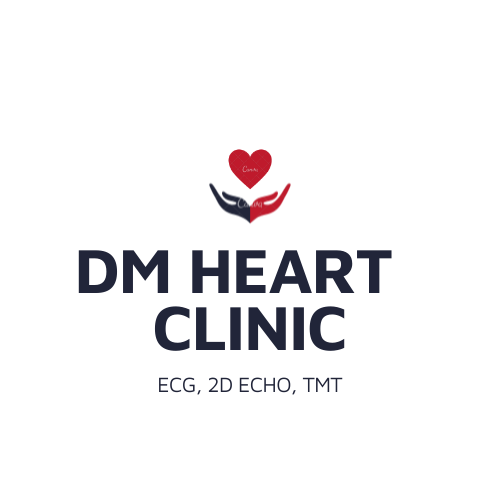

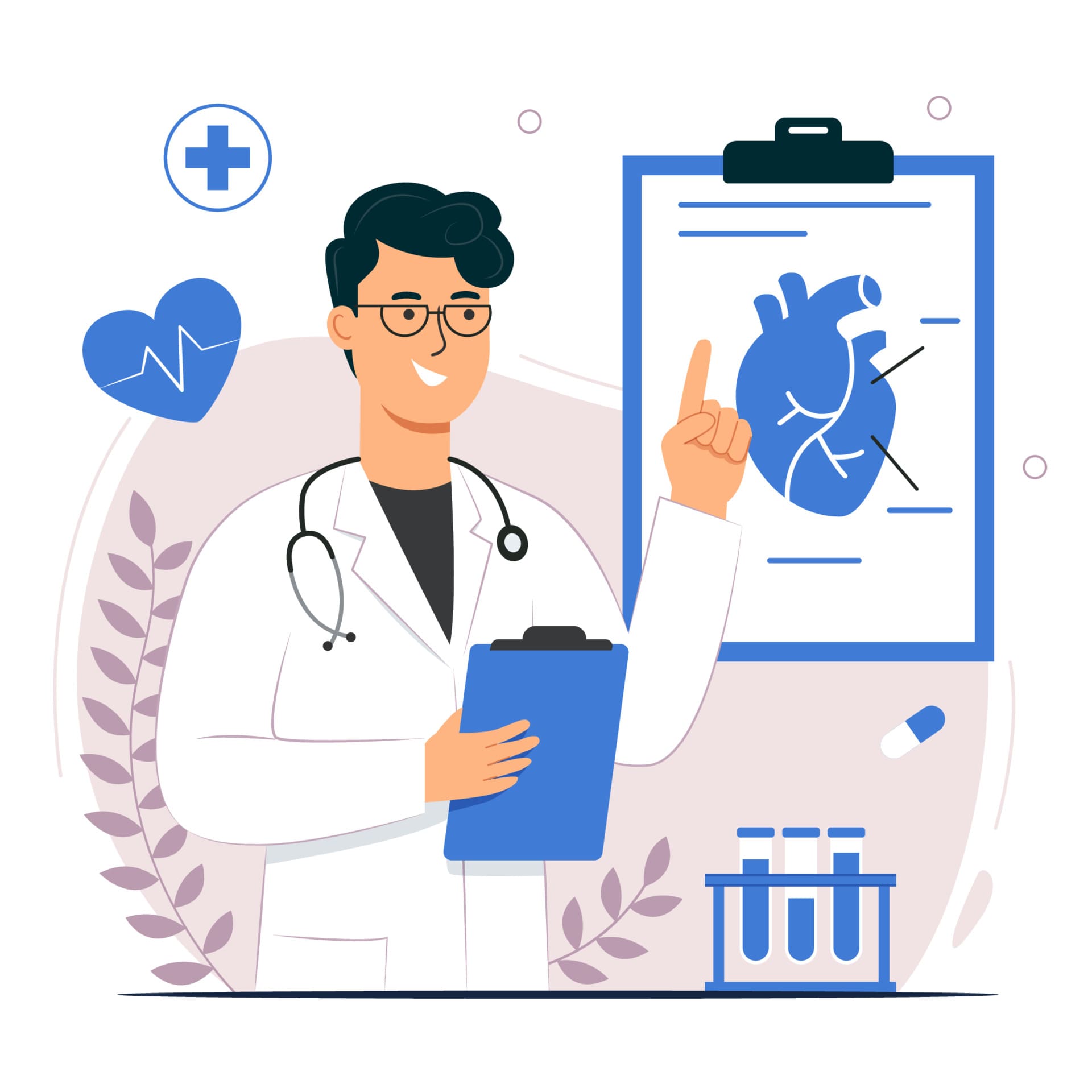
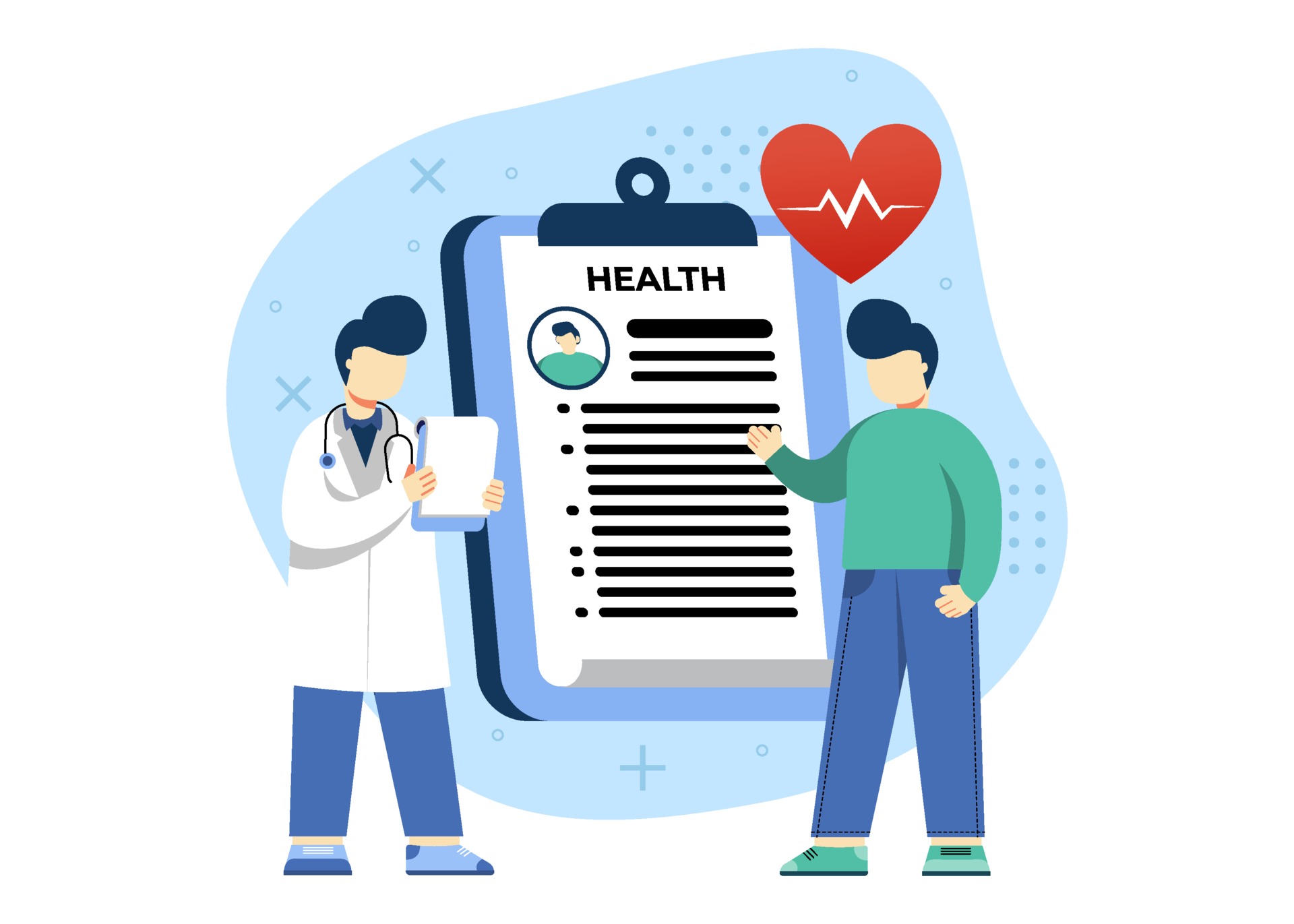


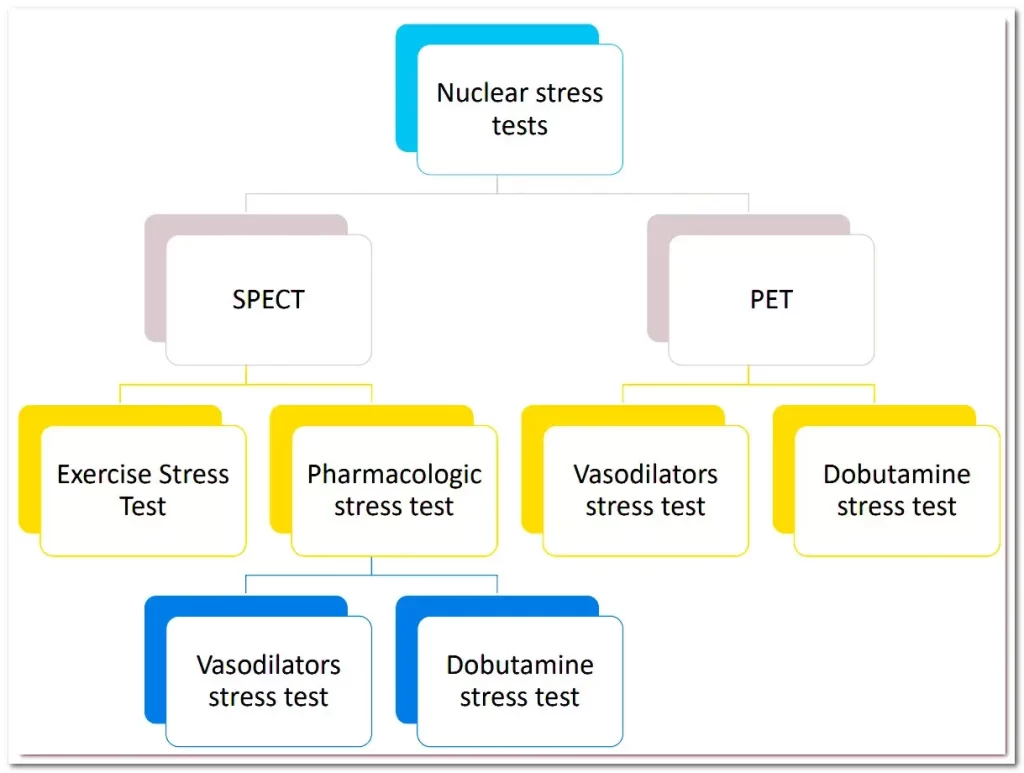
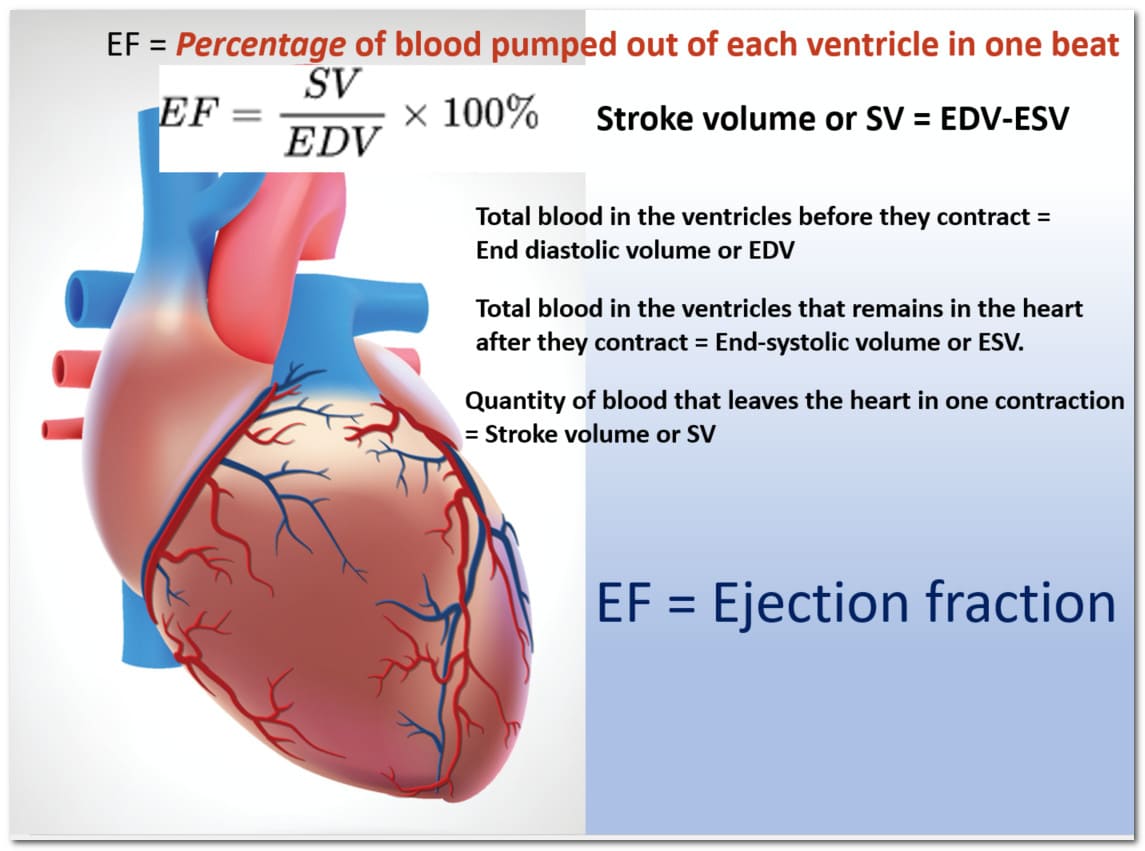




Pingback: CARDIOLOGIST IN OLD CITY OF HYDERABAD - DM HEART CARE CLINIC
Pingback: HEART ATTACK SYMPTOMS - DM HEART CARE CLINIC